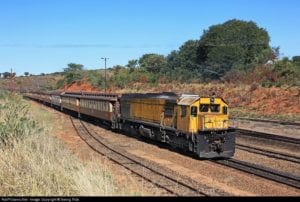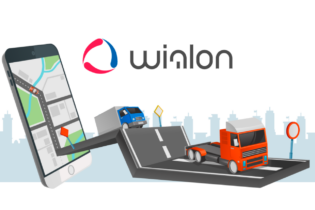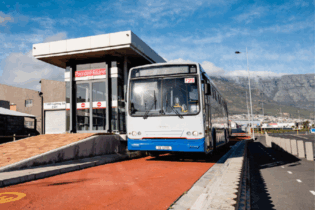The recently appointed National Railways of Zimbabwe (NRZ) board faces a herculean task to turn-around the loss-making entity, as it convenes its maiden meeting tomorrow amid fears the rail transport operator is on the verge of collapse.
Transport minister Nicholas Goche in May appointed new non-executive directors on the NRZ board chaired by AmbassadorHotso Dube. He is deputised by David Mangemba.
Otherboard members include retired Brigadier-General David Chiweza, former Zupco actingmanaging director Bothwell Kunaka, Phumla Ncube and James Mutizwa, as well as current NRZ general manager Retired Air Commodore Mike Karakadzai.
Apart from financial constraints besetting most loss-making entities, critics alleged that corruption was rife within the institution.
The alleged corruption once prompted a Parliamentary Portfolio Committee on Transport and Infrastructural Development to carry out an investigation into the operations of the loss-making entity.
NRZ is targeting to carry six tonnes of freight this year should investors come on board.
Among some of NRZ’s creditors is the Grain Marketing Board, which owes $8,4 million, Ziscosteel — now New Zimbabwe Steel and other parastatals.
NRZ is running at a monthly loss of $3 million.
Fanuel Masikati, the NRZ public relations manager, declined to comment on what plans the company had to remain afloat, saying he would be in a position to do so after the board meeting. “We are having our first meeting with the new board this Friday (tomorrow) and it would not be proper to give details before we appraise board members. However, we will be in a position to respond after the meeting,” he said. Raising $2 billion required in the long term to shore up NRZ could prove to be a mammoth task for the cash-strapped parastatal.
Fanuel Masikati, the NRZ public relations manager, declined to comment on what plans the company had to remain afloat, saying he would be in a position to do so after the board meeting. “We are having our first meeting with the new board this Friday (tomorrow) and it would not be proper to give details before we appraise board members. However, we will be in a position to respond after the meeting,” he said. Raising $2 billion required in the long term to shore up NRZ could prove to be a mammoth task for the cash-strapped parastatal.
Already with discord in the coalition government over the indigenisation policy, investors are likely to wait and see as political leaders put their house in order.
The State-owned rail transport operator has been targeted for commercialisation as the government weans off loss-making entities that have been blamed for being an albatross on Treasury, but movement has been slow. Reports showed that in the short to medium term, NRZ requires up to $400 million. Experts also say resuscitating the country’s damaged infrastructure can only be done through Public Private Sector Partnerships (PPP). Finance minister Tendai Biti in his 2012 National Budget allocated inadequate funds to the troubled NRZ, thereby leaving PPPs as the only way out of the crisis. The Beitbridge-Bulawayo Railway (BBR) has been credited as the most successful build-operate-transfer project between the state and the private sector. Under this arrangement the government, through the NRZ is expected to take over the project by 2029 at no cost. Currently BBR is a privately owned railway company that provides a rail link in Zimbabwe between Beitbridge at the border to South Africa and Zimbabwe’s second largest city. The project shortened the distance between Bulawayo and South Africa to 317 km. Before its inauguration in 1999, rail service between SA and Zimbabwe took a route about 200km longer through Botswana.Source: http://www.newsday.co.zw







